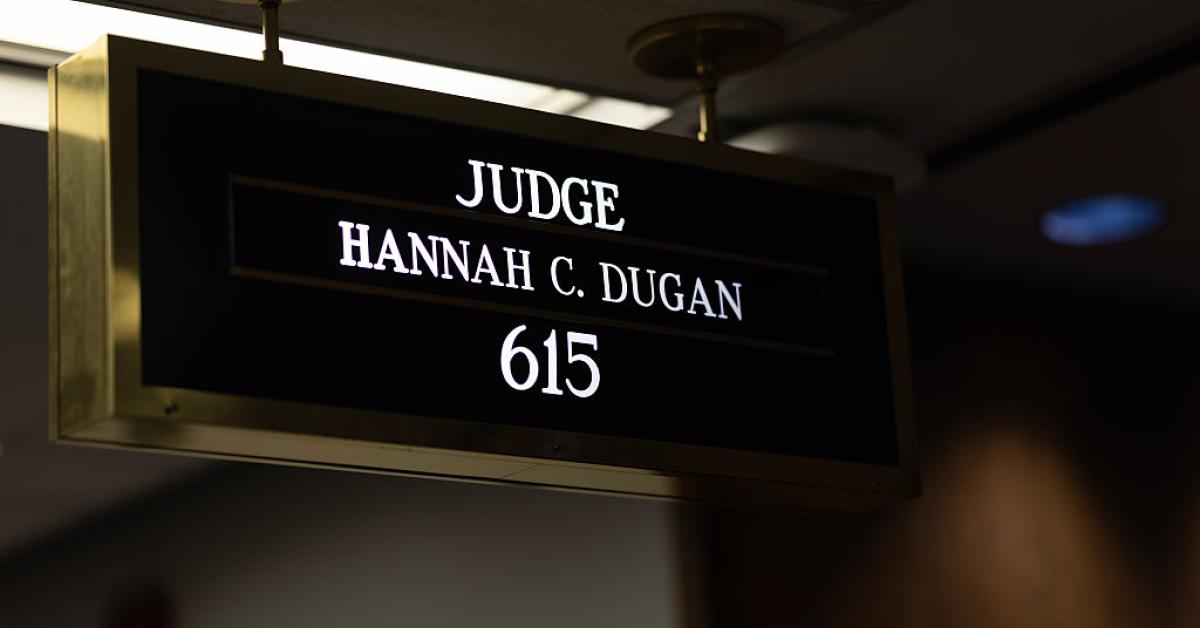Wisconsin Judge Hannah Dugan Pleads Not Guilty to Federal Charges of Obstruction
Milwaukee County Circuit Court Judge Hannah Dugan pleads not guilty to charges of helping an undocumented immigrant evade arrest by immigration agents in her courtroom.
Subscribe to unlock this story
We really don't like cutting you off, but you've reached your monthly limit. At just $5/month, subscriptions are how we keep this project going. Start your free 7-day trial today!
Get StartedHave an account? Sign in
Overview
Wisconsin judge Hannah Dugan entered a not guilty plea to federal charges of obstruction, accused of aiding an undocumented immigrant evade arrest during a court appearance. Dugan allegedly directed the immigrant, Eduardo Flores-Ruiz, and his lawyer to exit through a back door as Immigration and Customs Enforcement agents attempted to arrest him. This case highlights ongoing tensions between local officials and federal immigration enforcement under the Trump administration. Dugan faces potential prison time if convicted, while protests outside the courthouse express support for her actions and criticism of federal overreach.
Report issue

Read both sides in 5 minutes each day
Analysis
- Judge Hannah Dugan pleaded not guilty to charges of obstructing ICE agents seeking to arrest an undocumented immigrant and is accused of helping him evade capture in her courthouse.
- Her attorneys argue she acted in her official capacity as a judge and should have immunity from prosecution for her actions during a judicial proceeding.
- The case highlights tensions between state sovereignty and federal immigration enforcement, particularly under the Trump administration's policies.
Articles (9)
Center (3)
FAQ
Judge Hannah Dugan faces charges of concealing a person from arrest and obstruction of proceedings. If convicted on both counts, she could face up to six years in prison.
Eduardo Flores-Ruiz was in Judge Dugan's courtroom facing misdemeanor charges related to domestic violence when ICE agents attempted to arrest him. Dugan allegedly directed him and his attorney to exit through a back door.
The case highlights tensions between local officials and federal immigration enforcement, particularly under the Trump administration, which has intensified efforts to enforce immigration policies and has been criticized by Democrats for using federal law enforcement to further its agenda.
Judge Dugan's legal team argues that she acted within her judicial role and is entitled to judicial immunity, claiming the prosecution is unconstitutional and an absolute bar to the charges.
History
- This story does not have any previous versions.








